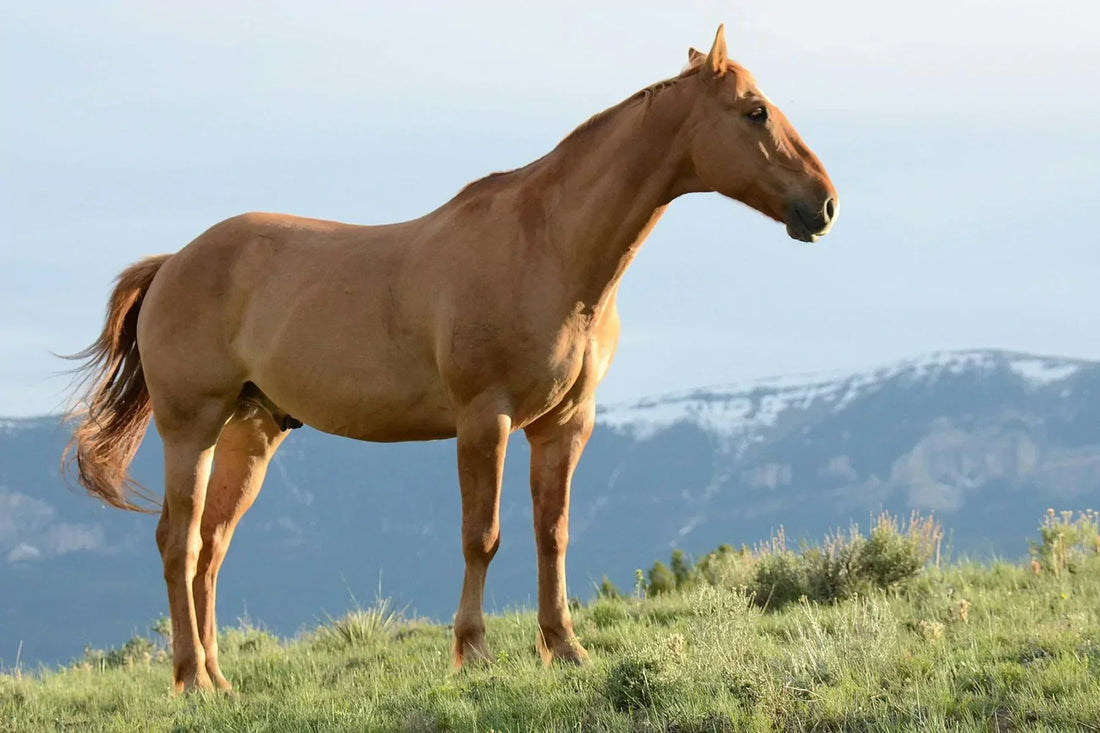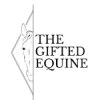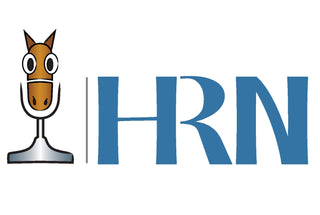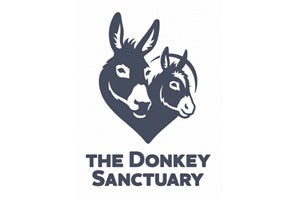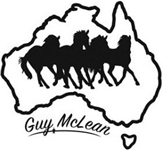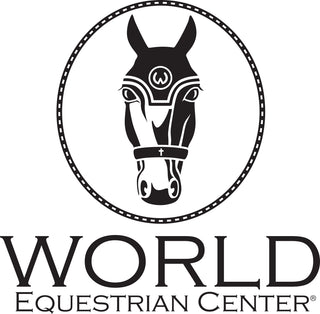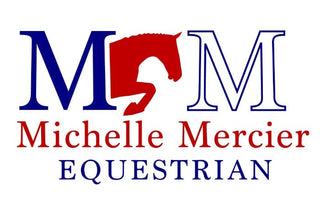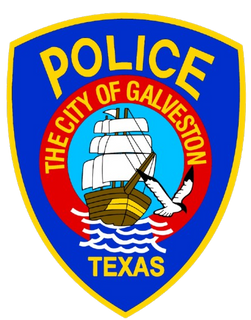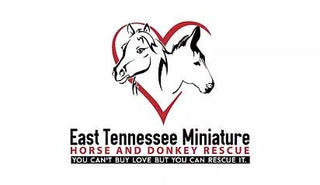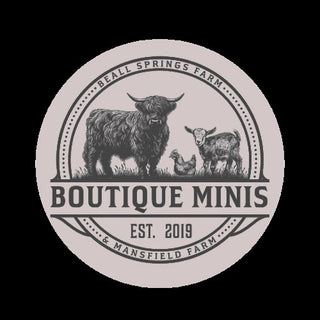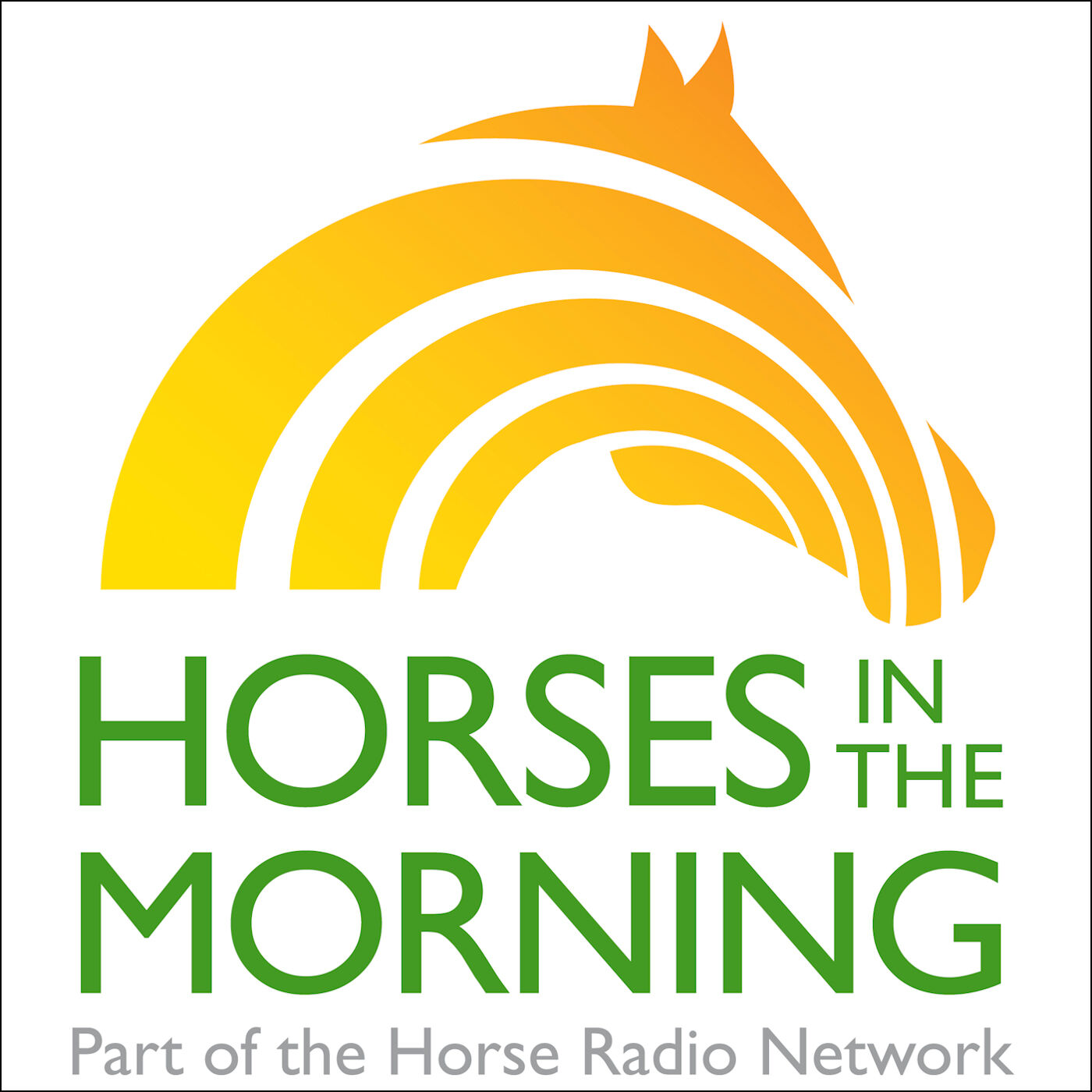Horses have captivated humans for centuries, not only for their beauty and strength but also for their incredible value. In the world of equestrian sports, breeding, and luxury, some horses have fetched astonishing prices, earning them the title of the most expensive horse. These elite horses are not just animals; they represent a blend of pedigree, athleticism, and exclusivity that appeals to wealthy collectors and professionals alike.
In this article, we will explore the fascinating realm of the most expensive horse ever sold, uncovering the stories behind the world’s priciest equines. We will delve into different horse breeds known for commanding high prices, highlight the record-breaking sales, and discuss what factors contribute to these incredible valuations.
Whether you are a horse enthusiast, a breeder, or simply curious about the equestrian world’s luxury side, this comprehensive guide will offer valuable insights into the most expensive breed and the elite horses making headlines today.
Understanding What Makes the Most Expensive Horse
The value of a horse is influenced by multiple factors including its breed, lineage, training, performance in competitions, and even its potential as a breeding stallion or mare. In the racehorse world, for example, a horse’s speed and track record play a major role, whereas in show jumping or dressage, the horse’s agility, temperament, and skill are paramount.
Breeding is a critical component as well. Horses from prestigious bloodlines with proven ancestry of champions tend to command premium prices. This exclusivity creates a market where the most expensive horse in the world is often one with exceptional genetic heritage, combined with successful training and a track record of victories or potential for future wins.

The Most Expensive Horse Breeds in the World
Not all horse breeds are created equal when it comes to market value. Certain breeds have gained recognition for producing horses that frequently sell for record amounts. Here are some of the breeds commonly associated with the most expensive horse sales:
-
Thoroughbred: Widely known for racing, thoroughbreds like those competing in the Kentucky Derby or Breeders' Cup often top sales charts.
-
Arabian: Renowned for their beauty and endurance, Arabian horses are a favorite among breeders and collectors worldwide.
-
Warmbloods: Popular in show jumping and dressage, warmbloods from Europe often fetch high prices due to their versatility and athleticism.
-
Quarter Horse: An American breed prized for speed over short distances, many quarter horses have achieved significant sales values.
Each breed’s market is shaped by different demands—racehorse buyers prioritize speed and pedigree, while buyers of show horses seek conformation, trainability, and temperament.

What is the World’s Most Expensive Horse Ever Sold?
When it comes to record-breaking prices, several horses have made headlines by selling for millions of dollars. The most expensive race horse and overall horse sales often feature elite thoroughbreds. Here are a few of the standout sales:
-
Fusaichi Pegasus: Sold for $70 million in 2000, this thoroughbred stallion remains one of the highest-priced horses ever. His victory in the Kentucky Derby increased his value tremendously.
-
Shareef Dancer: Purchased for $40 million in the 1980s, this thoroughbred’s value reflected his impressive racing lineage and stud potential.
-
Sultan’s Great Day: An Arabian horse sold for $10.2 million, illustrating how Arabian breeds also reach extraordinary price points.
These sales demonstrate that the most expensive race horses sold can vary widely depending on the discipline, pedigree, and market trends.
Factors Influencing the Price of the Most Expensive Horse
Determining the price of the most expensive horse involves a complex interplay of factors that go beyond just appearance or breed. Here’s a closer look at the key elements that drive up a horse’s value:
1. Pedigree and bloodline
A horse’s lineage is often the most important factor in its valuation. Horses descended from champions or renowned bloodlines have a higher chance of inheriting desirable traits like speed, endurance, and temperament. Buyers are willing to pay premium prices for offspring of famous sires and dams because of their proven potential.
2. Racing and competition performance
For racehorses, a proven track record is invaluable. A horse that has won major races or placed highly in prestigious events will attract serious bidders. Even horses with exceptional potential, but yet to prove themselves, can command significant prices based on expert predictions.
3. Training and temperament
The value of a horse is also shaped by its training and behavior. Horses that respond well to training, exhibit good temperament, and can perform reliably in competitive environments often command higher prices. This is especially true for show horses in disciplines such as dressage, eventing, and show jumping.
4. Age and health condition
Younger horses with a long career ahead tend to be more expensive than older ones. A healthy horse, free from injuries or hereditary conditions, is a safer investment. Buyers conduct thorough vet checks before purchase to ensure soundness.
5. Breeding potential
Many of the most expensive horses ever sold are prized for their breeding potential. Stallions and mares with superior genetics are often acquired by stud farms and breeding programs aiming to pass on valuable traits. The income a horse can generate through breeding often justifies its high purchase price.

Record-Breaking Sales: The World’s Most Expensive Horses
The equestrian market has witnessed jaw-dropping sales over the decades. These horses aren’t just expensive; they become legends that set benchmarks for the industry. Let’s explore some of the most famous and expensive sales.
Fusaichi Pegasus – $70 million
Purchased by Japanese businessman Fusao Sekiguchi in 2000, Fusaichi Pegasus remains the most expensive racehorse ever sold. His Kentucky Derby win and elite pedigree made him highly sought after, and his stud fees generated huge returns.
Top Secret – $16 million
This Arabian stallion, sold in the early 2000s, exemplifies the value of the Arabian breed in the luxury horse market. His beauty and bloodline attracted wealthy buyers, showcasing that the most expensive horse breed status isn’t limited to thoroughbreds.
Green Monkey – $16 million
Known for his record sale price as a yearling, Green Monkey was purchased with high hopes due to his impeccable pedigree. Although his racing career was brief and less successful, his sale remains a landmark in horse auction history.
Sultan’s Great Day – $10.2 million
This Arabian mare sold for an astonishing price, confirming the value of endurance and beauty in horse sales. Her sale highlights how diverse the market for the world's most expensive horses can be.
The Most Expensive Racehorse: What Sets Them Apart?
Racehorses often dominate the list of the most expensive horses ever sold due to the immense financial potential they represent. Winning prestigious races like the Kentucky Derby, the Preakness Stakes, or the Breeders’ Cup can not only bring prize money but also skyrocket a horse’s value as a breeding stallion or mare.
Key traits of the most expensive race horses
-
Speed and stamina: These horses are bred and trained to achieve extraordinary speed without sacrificing endurance.
-
Pedigree: Most come from bloodlines with multiple generations of successful racers.
-
Conformation: The physical build of a racehorse is crucial. Ideal muscle structure, leg alignment, and cardiovascular capacity are essential.
-
Temperament: A calm but competitive nature helps the horse perform well under pressure.
Racehorses like Fusaichi Pegasus and Green Monkey have become famous not only for their price tags but also for their impact on the racing world. Despite some high-profile sales, success on the track is never guaranteed, making these investments risky yet potentially lucrative.

Beyond Racehorses: Expensive Horses in Other Disciplines
While racehorses often top the price charts, other horse disciplines also feature exceptionally expensive animals. Show jumping, dressage, and eventing horses can reach high values due to their skills and training.
Show jumping and dressage horses
These horses are judged on precision, agility, and grace. Horses that win international competitions or Olympic medals often command prices in the millions. The most expensive horse breed in these categories is frequently a Warmblood, such as the Dutch Warmblood or Hanoverian.
Endurance and Arabian horses
Arabians are prized for their stamina and beauty. In endurance riding competitions, their ability to sustain long distances at a steady pace makes them valuable. Some Arabian horses have sold for over $10 million, reflecting their status in both competitive and luxury markets.
Breeding stock and luxury horses
Besides performance, some horses are purchased primarily for breeding or as status symbols. Elite breeding programs pay top dollar to secure superior genetics. Collectors may also invest in horses for their historical value, rarity, or exceptional lineage.

How Technology and Trends Affect the Market for the Most Expensive Horses
The horse market is evolving with advancements in technology and changing buyer preferences. DNA testing and genetic analysis now provide detailed insights into a horse’s potential, allowing buyers to make more informed decisions. This scientific approach has helped push prices higher for horses with verified superior genetics.
In addition, social media and online auctions have expanded the reach of horse sales, connecting sellers with international buyers. The demand for top-tier horses continues to grow in emerging markets, contributing to rising prices.
The sustainability movement also influences breeding practices, emphasizing ethical treatment and health over sheer performance, potentially reshaping how the most expensive horse is valued in the future.
Summary: What Makes the Most Expensive Horse Truly Valuable?
The journey to understanding the most expensive horses in the world reveals a complex and fascinating industry where pedigree, performance, and potential combine to set record prices. Whether it’s a champion racehorse like Fusaichi Pegasus, a stunning Arabian stallion, or an elite Warmblood dressage competitor, these horses represent the pinnacle of equestrian excellence.
Their value is shaped by genetics, training, health, and market demand, making each sale a significant event in the horse world. The legacy of these horses goes beyond price tags—they influence breeding programs, shape competitions, and inspire enthusiasts globally.
As technology advances and markets evolve, the criteria defining the most expensive horse breed and individual horses will continue to shift, but the allure of owning an exceptional horse will remain timeless.
Thank you for reading! If you’re interested in more equestrian insights and the latest updates on horse sales and breeding, feel free to explore our website.
Most Expensive Horse Q&A
What is the most expensive horse?
The most expensive horse sold is Fusaichi Pegasus, a thoroughbred racehorse purchased for $70 million in 2000.
What is the most expensive breed of horse?
Thoroughbreds, Arabians, and Warmbloods are among the most expensive breeds due to their performance and pedigree.
Why are some horses so expensive?
Horses can be extremely expensive due to factors like pedigree, race performance, breeding potential, training, and rarity. Elite racehorses or show horses with proven records and strong bloodlines often fetch the highest prices.


